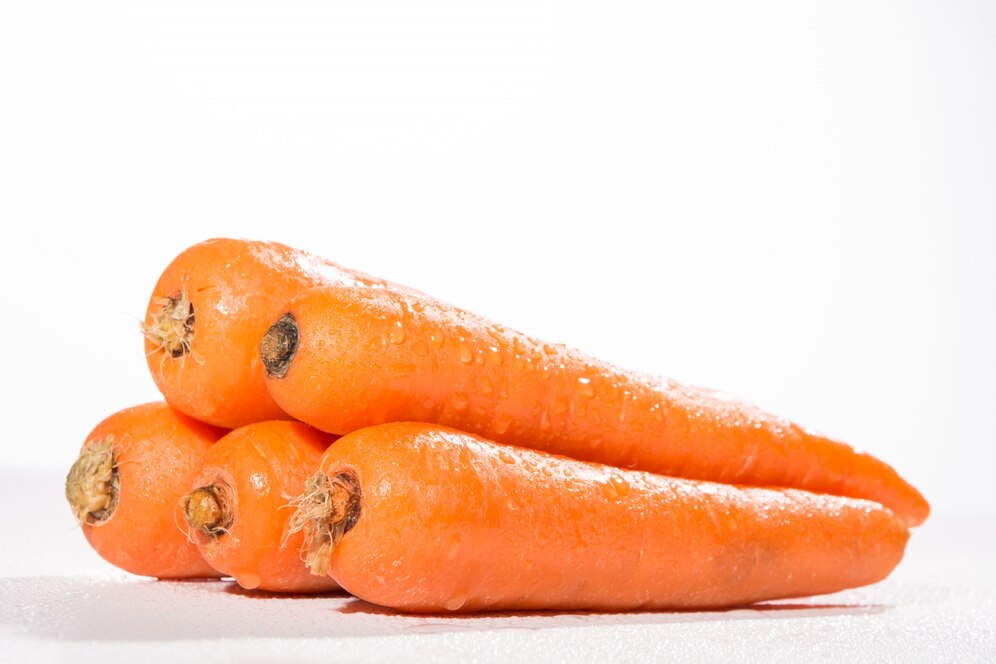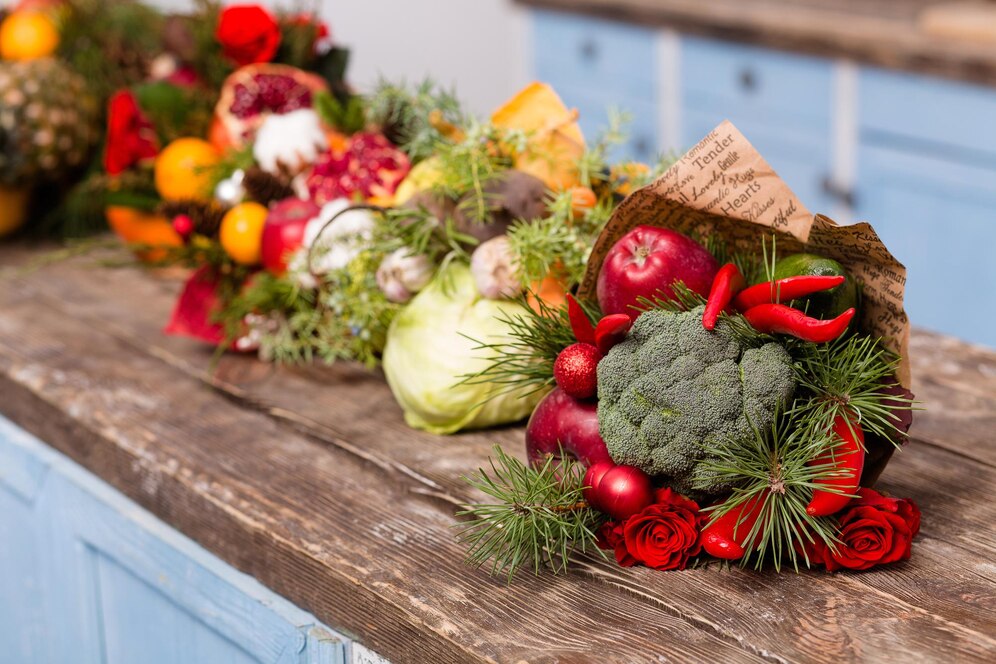Top 10 Vegetables to Grow in Winter for Maximum Yield
Winter is a season that offers unique opportunities for farmers and gardeners to grow a variety of vegetables that thrive in cooler temperatures. While the chill in the air may slow down some crops, there are plenty of hardy vegetables that flourish in winter and provide maximum yield. If you’re planning your winter garden, here are the top 10 vegetables to grow and some tips to ensure a bountiful harvest.
1. Spinach
Spinach is a nutrient-rich leafy green that grows exceptionally well in winter. It thrives in cooler temperatures and can withstand frost, making it an ideal choice for the season. Spinach grows quickly, and you can harvest it multiple times during the winter months. To get the best yield, plant spinach in well-drained soil and ensure it gets adequate sunlight.
2. Carrots

Carrots are another excellent winter crop that provides high yields. They grow sweeter when exposed to cooler temperatures, as the cold converts their starches into sugars. To ensure uniform growth, plant carrot seeds in loose, sandy soil and keep them consistently moist. Varieties like Nantes and Danvers are particularly suited for winter cultivation.
3. Broccoli
Broccoli thrives in the winter season and is packed with nutrients. This cool-weather crop requires well-drained, fertile soil and regular watering. Plant your broccoli seedlings early in the season to give them enough time to mature before the harshest cold sets in. Harvest the heads while they are still firm for the best taste and yield.
4. Cauliflower
Cauliflower is another winter favorite that grows well in cooler temperatures. It requires a bit more care than some other vegetables but rewards you with a high yield when managed properly. To protect the heads from discoloration, cover them with their outer leaves as they develop. Ensure consistent watering and use nutrient-rich soil for optimal growth.
5. Kale

Kale is a hardy vegetable that becomes sweeter as the temperatures drop, making it a winter superstar. It’s low-maintenance and can survive frost, snow, and even freezing conditions. Plant kale in well-drained soil and fertilize it regularly for maximum yield.
6. Turnips
Turnips are versatile root vegetables that grow quickly in the winter season. Both the roots and greens are edible, making them a dual-purpose crop. Turnips prefer well-drained, fertile soil and consistent moisture. They are ready to harvest within 30 to 60 days, making them an excellent choice for multiple harvests during winter.
7. Beets
Like carrots, beets become sweeter when exposed to frost. They grow well in loose, sandy soil with good drainage. Beets are a fast-growing crop, and you can harvest both the roots and the nutrient-rich greens. Varieties like Detroit Dark Red and Chioggia are great for winter cultivation.
8. Cabbage
Cabbage is a winter staple that provides excellent yields. This hardy vegetable can survive frost and even light snow, making it perfect for the season. Cabbage prefers well-drained soil and consistent watering. There are many varieties to choose from, including green, red, and Savoy cabbages, all of which grow well in winter.
9. Radishes

Radishes are one of the fastest-growing winter vegetables, ready for harvest in as little as three to four weeks. They thrive in cooler temperatures and require minimal care. Plant radish seeds in loose soil, and ensure they have enough sunlight for optimal growth. Their quick growth makes them ideal for successive planting throughout the winter season.
10. Peas
Peas, especially snow peas and sugar snap peas, are excellent choices for winter gardens. These plants prefer cool temperatures and grow best when trellised for support. Peas require well-drained soil and moderate watering.
Tips for Successful Winter Vegetable Gardening
To maximize your winter vegetable yield, follow these essential tips:
- Choose the Right Varieties: Opt for vegetable varieties specifically bred for cooler climates to ensure better growth and yield.
- Prepare the Soil: Enrich your soil with organic matter like compost or manure to provide the necessary nutrients for your crops.
- Protect Your Crops: Use row covers, cold frames, or mulch to protect your plants from extreme frost and temperature fluctuations.
- Water Consistently: Even in winter, your crops need adequate moisture. Water your plants regularly but avoid overwatering to prevent root rot.
- Monitor Pests: While winter pests are less common, keep an eye out for aphids and other insects that may affect your crops.
If you want to learn more about how to maximize the benefits of winter rain on your farm, Click here
Conclusion
Winter doesn’t have to mean the end of your gardening season. By choosing the right vegetables and providing them with proper care, you can enjoy a productive winter garden with maximum yields. Spinach, carrots, broccoli, and the other vegetables on this list are excellent options to get started. With a little planning and effort, your winter garden can be just as rewarding as any other season.



